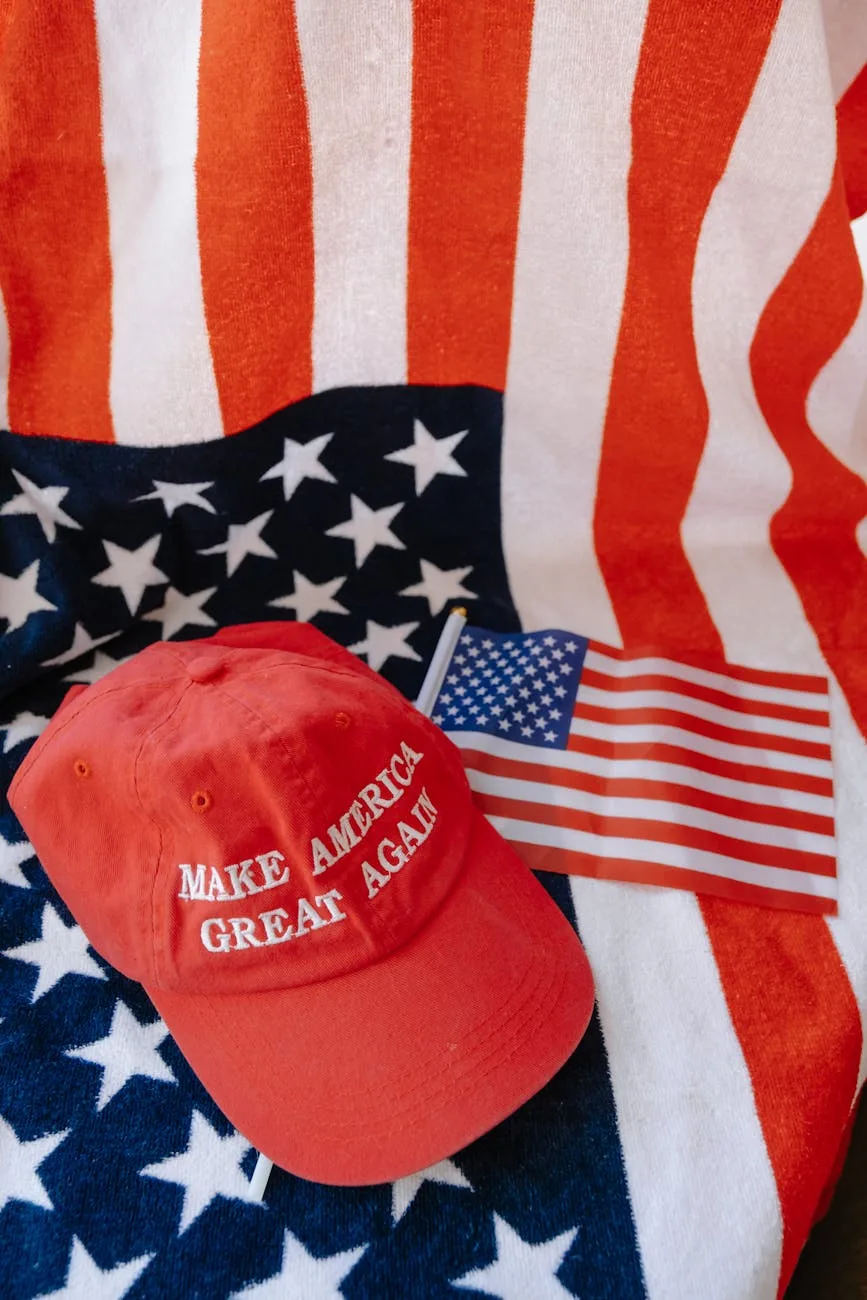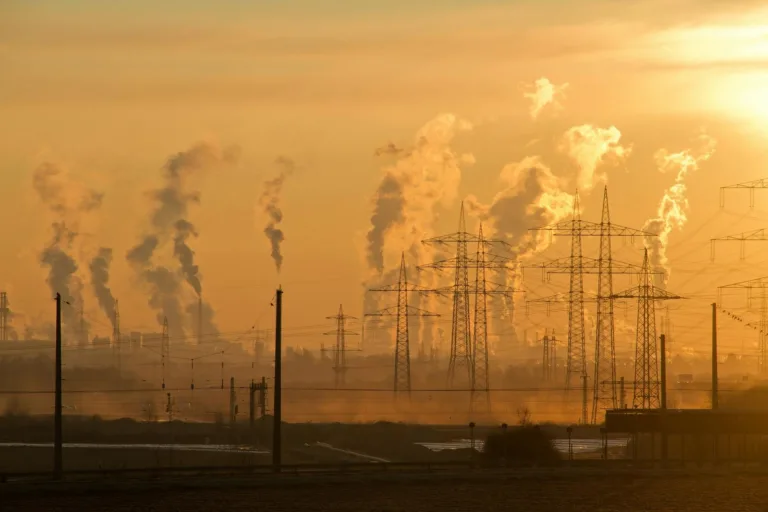Trump’s ‘Trade Tsunami’ Shakes Global Diplomacy
How Trump’s New Tariff Strategy Is Reshaping Global Trade and Politics
🌍 Introduction: A Global Shockwave in Motion
In August 2025, former U.S. President Donald Trump sent shockwaves across the global economy with a bold new proposal: massive import tariffs targeting countries like India, Brazil, Kenya, and Mexico. Labeling the move as part of his “America First 2.0” strategy, Trump’s comments immediately triggered worldwide concern.
What seemed like a mere trade proposal quickly escalated into a global diplomatic tremor, with governments, financial markets, and multilateral organizations reacting swiftly.
🇺🇸 The Core of Trump’s ‘Trade Tsunami’
Trump’s new economic stance centers on 60% or higher tariffs on imports from non-allied countries. His plan seeks to:
- Rebuild American manufacturing
- Punish countries deemed “unfair competitors”
- Reassert U.S. dominance in global trade
Trump’s critics, however, warn this could be a return to protectionism, disrupting years of free trade agreements and multilateral cooperation.
🔍 Key Elements of His Plan:
- 60%+ tariffs on goods from China, India, Brazil, and Mexico
- Possible withdrawal from WTO rules
- Potential targeting of allies like South Korea, Japan, and even European nations if trade imbalances persist
🌐 Global Responses: Allies and Rivals React
Trump’s remarks immediately drew reactions from global players:
- European Union condemned the plan, calling it a threat to global economic stability.
- China warned of retaliatory tariffs and possible trade war escalation.
- India and Brazil expressed concern over the impact on bilateral trade.
- The IMF cautioned that aggressive tariffs could derail the fragile post-pandemic recovery.
📉 Market Reactions:
- Emerging market currencies fell in value
- Wall Street saw sharp declines in export-heavy sectors
- Gold and oil prices spiked amid global uncertainty
🔁 Trade and Diplomacy: A Dangerous Link
While trade policies typically remain within economic borders, Trump’s plan is deeply political. His “Trade Tsunami”approach challenges:
- The rules-based order of global trade
- Diplomatic relations between the U.S. and key partners
- Global economic cooperation frameworks like the G20, WTO, and APEC
Trump’s strategy could alienate allies while empowering rival blocs such as BRICS+ and ASEAN-led trade coalitions.
🇰🇷 What It Means for South Korea
South Korea, a key U.S. ally with strong ties to China and Southeast Asia, faces unique challenges:
- Tariff spillovers may affect Korean exports indirectly
- Supply chain disruptions could pressure Korean manufacturers
- Defense spending pressure may reemerge if Trump revives his old demand for higher military contributions
To protect its interests, Korea must double down on:
- Trade diversification
- Bilateral agreements with EU and ASEAN
- Domestic innovation and production incentives
🏭 The Return of Protectionism?
Trump’s proposal signals a potential return to economic nationalism, a trend that seemed to subside after the pandemic. His rhetoric fuels a wider global movement:
- Countries focusing on reshoring and local production
- Populist leaders embracing “sovereign economics”
- Rise in bilateralism over multilateralism
This shift could lead to:
- Slower global growth
- Increased costs for consumers
- Geopolitical fragmentation
🔑 Key Takeaways
| Aspect | Summary |
|---|---|
| 💥 Policy | Trump proposes 60%+ tariffs on goods from “non-friendly” countries |
| 🌍 Impact | Threat to WTO, rise in trade wars, weakening of alliances |
| 📉 Market | Currency volatility, stock market dips, global uncertainty |
| 🇰🇷 Korea | Faces indirect risks, must adapt quickly |
| ⚠️ Global Risk | Potential reversal of decades of globalization |
✍️ Conclusion: Trade as a Geopolitical Weapon
Trump’s “Trade Tsunami” is more than just a campaign slogan—it is a disruptive force capable of reshaping the very foundations of global trade and diplomacy. Whether seen as a strategic move or a dangerous gamble, the world must prepare for a new era of economic confrontation.
As nations scramble to adapt, one truth remains clear:
Trade is no longer just about goods—it’s about power.
📚 Reference Sources
- Reuters. (2025). Trump’s ‘Trade Tsunami’ Unsettles Geopolitics.
https://www.reuters.com/markets/trumps-trade-tsunami-unsettles-geopolitics-2025-08-08 - The Guardian. (2025). World leaders react to Trump’s proposed tariffs.
- IMF Official Statement. (2025). Concerns over global economic recovery.







